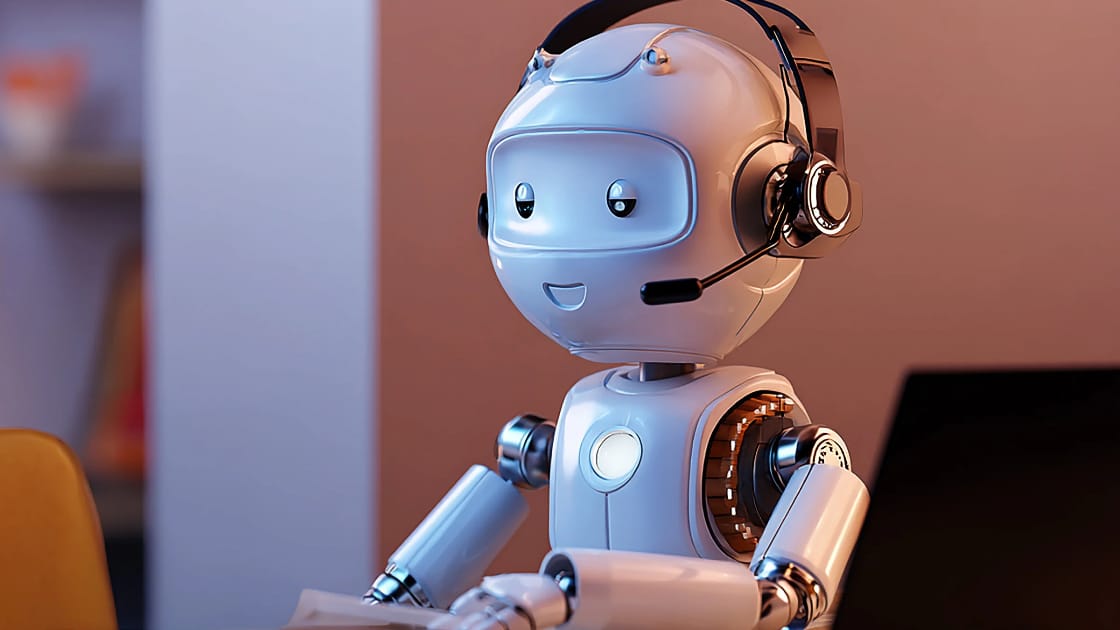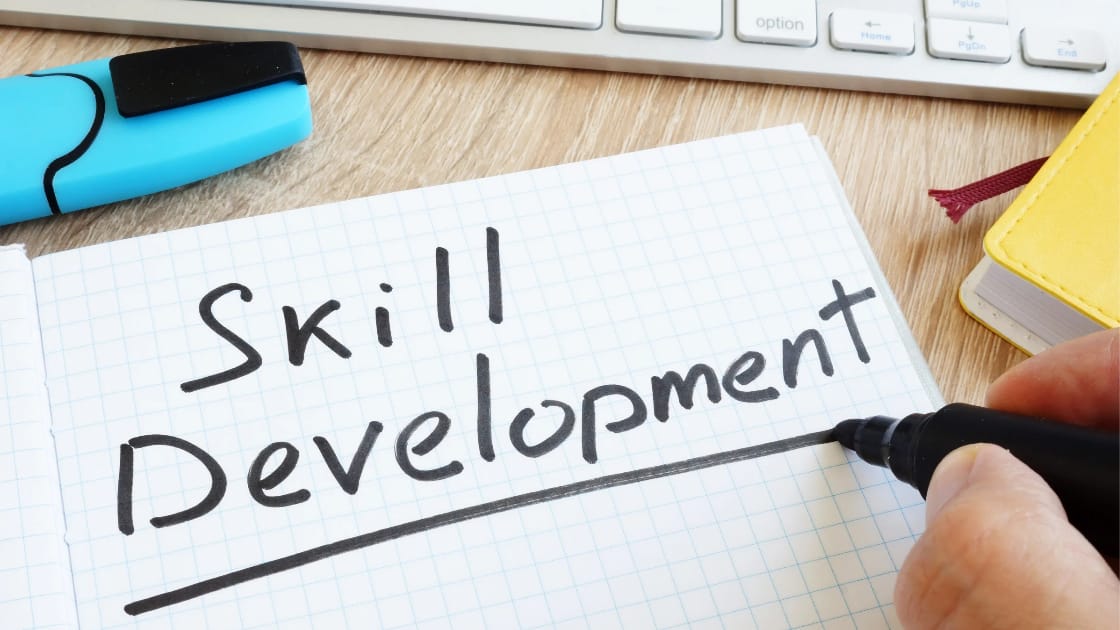What Are Meta-Skills, and Why Do They Matter?
Consider modern careers: When we think of them, our minds often turn to the skills required to do certain kinds of work—coding, marketing, design, and finance, among them. No doubt, these are skills that come in handy. But the thing is, everything is moving so fast now that what’s valuable today may well be obsolete tomorrow. That’s why what you need is something deeper—meta-skills for the future of work.
In much the same way that skills are like tools in a toolbox, meta-skills are akin to an invisible box placed behind all abilities. They are not what the knowledge of students is, but how they come to know it. They allow you to learn new skills quickly, adapt when things change, and stay ahead even during uncertain times. Why do they matter? Because no one can have a stable job any longer. Industries come and go, and technology doesn’t stand still. The only way to be safe is to learn how to learn and future-proof your career.
The Future of Work: Impact of AI and Automation
AI and automation in the workplace are already everywhere. Chatbots answer questions faster than human agents. Machines process data in seconds that would take people hours. Even doctors are using AI for diagnosis.

At first, this sounds scary. Jobs are being replaced. Entire departments are shrinking. But look closer, and you’ll notice something interesting. While old jobs disappear, new ones are created. Someone needs to train AI. Someone needs to check for bias. Someone needs to build user-friendly apps.
The truth is simple: technical skills alone are fragile. Learn one tool, and in five years it may vanish. But with meta-skills like adaptability, critical thinking, and creativity, you can move into new roles without starting from zero. AI isn’t the enemy—it’s the reminder that continuous learning and career adaptability are the only safe plans for professionals
Top Meta-Skills Every Professional Should Learn
Not all skills have the same impact. Here are the ones that make the biggest difference in career development and future-proofing your job:
Learning Agility
The ability to pick up something new, test it, fail a little, and still keep going. People with learning agility don’t freeze when things change. It’s the foundation of lifelong learning.
Critical Thinking
There’s too much information online, and not all of it is useful. Critical thinking skills help you question things, analyze carefully, and make better choices at work.

Creativity
Machines can calculate, but they cannot imagine. Creative problem-solving lets you find solutions in ways nobody else thought of. It’s a skill that keeps humans unique and competitive.
Emotional Intelligence (EQ)
Work is not just tasks—it’s people. EQ means noticing emotions, managing your own, and handling others with empathy. Teams trust leaders who have it, making emotional intelligence at work a must-have.
Adaptability
Change is constant. The professionals who survive are not the ones who resist change, but those who flow with it. Career adaptability makes transitions smoother.
Communication Skills
No matter what role you play, being able to express ideas clearly is non-negotiable. Effective communication in the workplace is the bridge that keeps everything together.
How to Develop These Meta-Skills
Good news—meta-skills are not locked inside a textbook. They can be built every day with small actions:
- Stay Curious
Ask “why” and “how” more often. Curiosity is the seed of faster learning and innovation. - Reflect Often
After completing something, pause. Ask yourself: what worked? What didn’t? What can be improved? Reflection quietly trains critical thinking and self-awareness. - Try Small Experiments
Learn a hobby, switch up your routine, or try new tools. Fresh experiences feed creativity and help with personal growth. - Listen Before Speaking
To grow emotional intelligence, practice listening deeply. Often, people don’t want solutions—they want to feel understood. - Step Outside Comfort
Take on tasks you’ve never done before. Uncertainty is uncomfortable, but that’s where adaptability skills grow. - Write It Down
Even a short daily journal can sharpen communication skills. Writing makes thoughts clearer and improves workplace communication.
These habits are not glamorous. But done consistently, they rewire how you learn and adapt
Career Benefits of Meta-Skills: Real-Life Examples
The theory is nice, but the proof is in real stories of career transformation through meta-skills:
From Teacher to EdTech Specialist
A schoolteacher, nervous about technology, leaned on her curiosity. She explored apps, learned step by step, and within a year, she became a strategist in an EdTech company. Double the salary, zero regrets.

The Manager Who Was Kept During Layoffs
In a big downsizing, many people were let go. But one manager, who had built trust and motivated his team with empathy, was retained. Technical skills mattered—but his emotional intelligence made him indispensable.
Freelancer Who Expanded Globally
A graphic designer realized design alone wasn’t enough. By adding creativity and critical thinking to his pitches, he started offering strategy. That shift got him clients overseas, far beyond his small town.
What do these stories show? Meta-skills don’t just help you survive—they help you stand out.
Conclusion
The future of work with AI and automation is uncertain. Technology is rewriting the rules every day. But one truth holds: learning how to learn is the real superpower. Degrees and technical know-how are important, yes. But they age. Meta-skills don’t. They travel with you across jobs, industries, and even entire career shifts.
So instead of asking, “What single skill will keep me safe?” —ask, “How can I become the kind of person who learns anything?” Once that shift happens, no technology, no change, and no disruption can make you irrelevant.
Our Viral Blog
5 High-Demand Skills in 2025 Read More
Get Daily Updates on Sports Read More
GET IN TOUCH

2 thoughts on “The Meta-Skills to Future-Proof Your Career 2025”